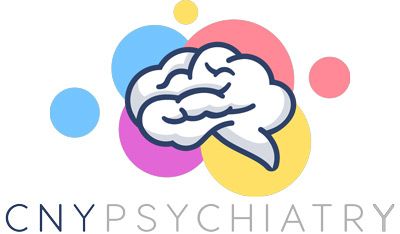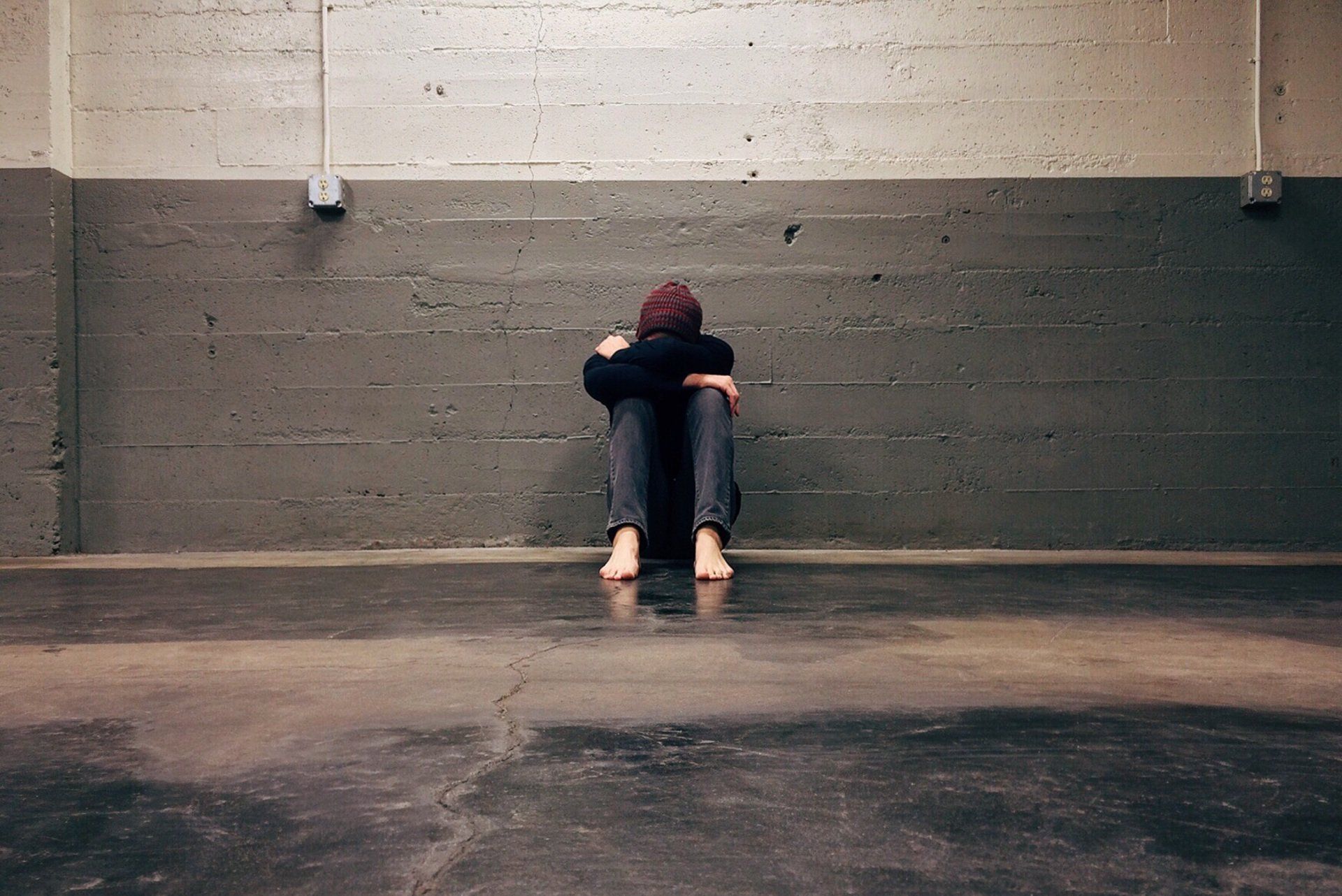Treatment Options for Depression in Pregnant & Breastfeeding Patients
Jason Stepkovitch, MD • February 21, 2022

Transcranial Magnetic Stimulation as a Treatment for Depression in Pregnancy

Major depressive episodes occur in about 10 percent of pregnancies, and approximately 10 to 15 percent of women will experience depression post-delivery, known as postpartum depression. While some antidepressants, such as paxil, are considered unsafe in pregnancy, we generally recommend that mothers stay on their antidepressant medication over the course of their pregnancy. While millions of mothers have safely taken antidepressants through the course of their pregnancies, there is an extremely small correlation between SSRI exposure and something called persistent pulmonary hypertension of the newborn (PPHN). PPHN is a life-threatening condition caused by a failure of the normal circulatory transition that occurs after birth. The current thinking is that the risks to the baby of the mother lapsing into a depressive episode while pregnant are greater than the risks of exposure to an SSRI. Untreated depression in the mother can cause disruption in healthy attachment between baby and mom. Such attachment issues can cause delays in achieving developmental milestones as well as behavioral issues down the road, so that initial bond between mother and child is quite important.
For women with mild depression, psychotherapy alone may be an appropriate way of managing depressive symptoms over the course of their pregnancy and into that important, initial postpartum period. However, women with a history of more severe depressive episodes, or women struggling through more severe depressive symptoms over the course of their pregnancy will likely need more active psychiatric treatment. Medications may be the best option for many mothers.
I see TMS as a viable option for the management of depression during pregnancy and post-delivery that largely addresses the concerns about systemic treatment. Being targeted, magnetic therapy, TMS utilizes magnetic and electrical fields at a power roughly equivalent to an MRI. The coil is placed on the front of the head, far enough away from the uterus that any magnetic fields reaching lower parts of the body would be minimal. Multiple small studies have shown TMS in pregnancy to be both safe and effective. One such study (An Open Label Pilot Study of Transcranial Magnetic Stimulation for Pregnant Women with Major Depressive Disorder | Journal of Women's Health) showed that 70 percent of women who underwent TMS treatment benefited from the treatment. TMS treatment is very well tolerated, with rare side effects including dizziness and something called supine hypotensive syndrome, which comes from laying in a position which compresses the inferior vena cava, and which can largely be avoided by laying to the left side. So far, infants of mothers who have undergone TMS therapy show no evidence of any adverse side effects to the treatment.
Antidepressants and breastfeeding
Antidepressants do pass to the baby through breastmilk, with varying degrees of detectability. The only antidepressants which showed appreciable blood levels of medication in breastfeeding infants were fluoxetine (Prozac) and venlafaxine (Effexor), while most antidepressants produced only negligible or undetectable blood levels in infants of breastfeeding mothers.
Current guidelines recommend that mothers currently taking antidepressants remain on their antidepressant while breastfeeding. For more mild to moderate depression, it would be reasonable to consider psychotherapy-only treatment, in concert with focusing on other lifestyle changes like diet and exercise. For mothers who are firmly against any infant exposure to an antidepressant but who need more support, TMS may be a viable option, allowing a mother to continue breastfeeding while still ensuring robust treatment of her depression.




